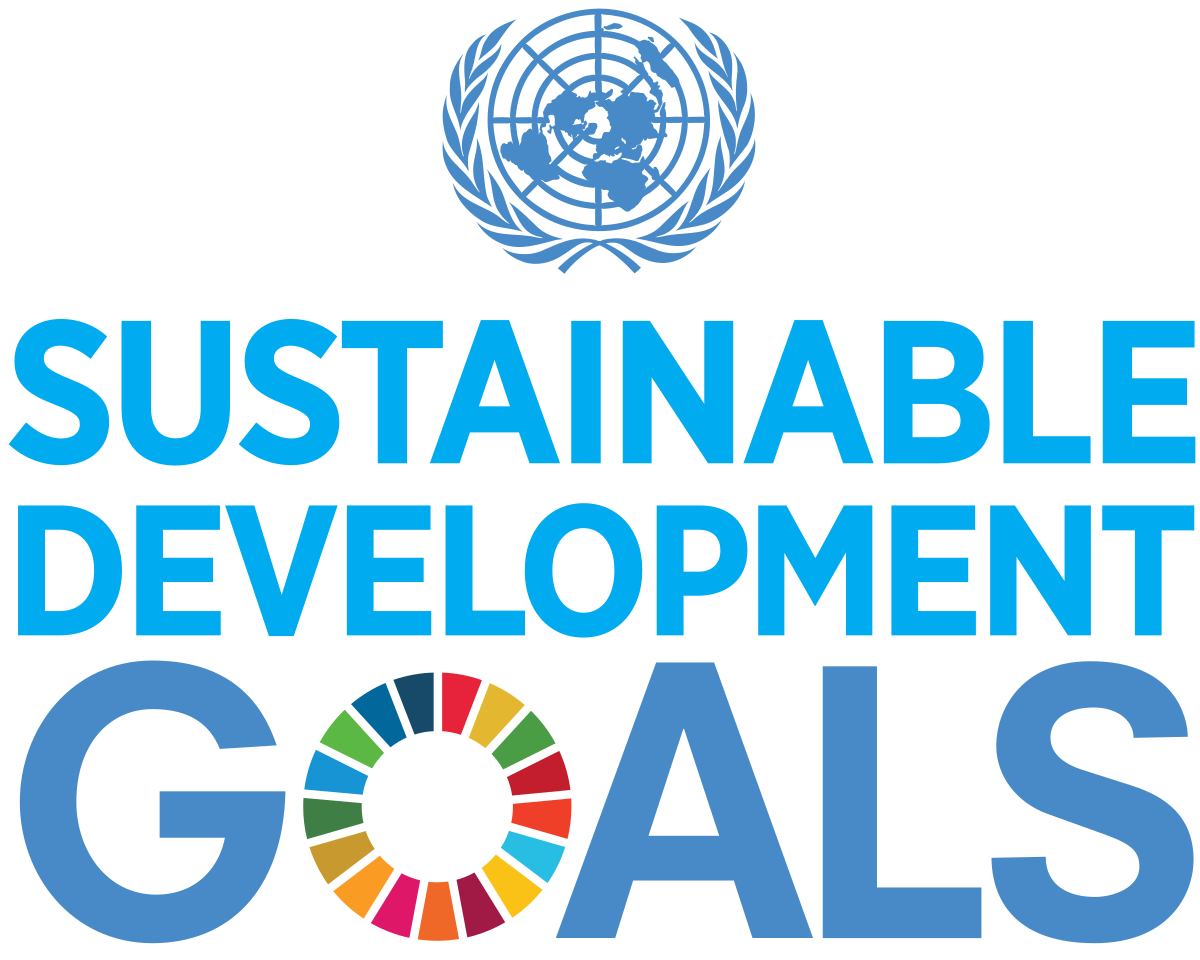2025 VNR Lab Highlights Inclusive SDG Reviews and Regional Collaboration
With the theme “Harnessing SDG Interlinkages through the VNR”, the lab provided a global platform for exchange among countries undertaking VNRs in 2025.

- Country:
- Ethiopia
At the 2025 High-Level Political Forum (HLPF) held in New York, the Voluntary National Review (VNR) Lab showcased how inclusive and participatory reviews of Sustainable Development Goal (SDG) implementation are accelerating progress and reshaping development strategies across the globe. This year’s session was co-hosted by the United Nations Economic Commission for Africa (ECA), the Regional Commissions New York Office, and the four other UN regional commissions—UNECE, ESCAP, ESCWA, and ECLAC.
With the theme “Harnessing SDG Interlinkages through the VNR”, the lab provided a global platform for exchange among countries undertaking VNRs in 2025. It featured in-depth presentations by government representatives from The Bahamas, Nigeria, Papua New Guinea, Qatar, and Uganda, each offering valuable insights into how the VNR process is evolving into a powerful tool for inclusive and integrated policy-making.
Bringing Marginalized Voices to the Table
A key message emerging from the session was the critical role of the VNR process in empowering young people, women, marginalized communities, and local actors. Across participating countries, reviews are no longer limited to top-down policy reporting—they now actively involve civil society organizations, grassroots leaders, and community-based data contributors.
This broad participation has helped to uncover localized challenges and opportunities, while ensuring that national plans align more closely with the lived realities of people most affected by development gaps. In several cases, young people and women’s groups played instrumental roles in data collection, monitoring frameworks, and the shaping of local development reviews that feed into the VNR.
Localizing the SDGs Through Subnational Reviews
Countries like Uganda and Papua New Guinea shared how local-level SDG reviews, often referred to as Voluntary Local Reviews (VLRs), are complementing national efforts by bringing attention to regional disparities and driving targeted solutions.
These local reviews are increasingly recognized as essential mechanisms for:
-
Monitoring SDG progress where it matters most—in communities
-
Aligning municipal and provincial planning with national development agendas
-
Building ownership and accountability among local governments
-
Creating feedback loops between national and subnational actors
Uganda, for instance, has integrated VLRs into its decentralization strategy, ensuring that district-level development plans directly reflect SDG targets and indicators. Nigeria’s representatives highlighted the benefits of using the VNR as a means to bridge gaps between federal and state-level implementation.
VNRs as Catalysts for Policy Coherence and Data Strengthening
Another recurring theme was how VNRs are helping countries improve data ecosystems, with greater emphasis on disaggregated data collection, citizen-generated data, and aligning indicators with real-time policy needs.
In The Bahamas and Qatar, the VNR process spurred investments in new data tools and cross-sector platforms to track SDG progress more systematically. These tools also facilitate the mapping of SDG interlinkages, enabling more coherent policy-making across diverse areas like climate resilience, health, education, and economic inclusion.
Papua New Guinea’s VNR presentation underscored the importance of community data-gathering in remote areas, often filling statistical gaps left by traditional national surveys.
Regional Commissions: A Pillar of Support
All five countries acknowledged the crucial technical and advisory role played by the UN Regional Commissions in supporting their VNR processes. These commissions provided:
-
Capacity-building workshops
-
Peer learning opportunities through inter-country exchanges
-
Technical expertise in aligning SDG frameworks with national development strategies
-
Platforms such as the Regional Forums on Sustainable Development, which offer space for dialogue and lessons-sharing
Through these engagements, the commissions have helped countries transform the VNR from a periodic reporting obligation into a living policy tool that informs national development planning and fosters cross-sector dialogue.
Strengthening Future Collaboration and Review Mechanisms
Looking ahead, the ECA and other regional commissions reaffirmed their commitment to deepening cooperation with member states in preparing both National and Local Reviews. Their support will focus on:
-
Enhancing integration between VNRs and VLRs
-
Promoting evidence-based policy-making
-
Supporting inclusive stakeholder engagement frameworks
-
Expanding peer-learning mechanisms across regions
As 2030 draws nearer, these efforts will be vital in ensuring that no one is left behind, particularly in vulnerable and marginalized communities across Africa, Asia-Pacific, Latin America, the Middle East, and Europe.
By harnessing SDG interlinkages and promoting transparency, accountability, and inclusivity, the 2025 VNR Lab has reinforced the view that well-coordinated reviews are not just a tool for tracking progress—they are engines for transformative change.
ALSO READ
How agritourism is emerging as public health strategy in sustainable development
Rajasthan's Vision for Inclusive Development Gains Momentum
Green Light for Gateway's New Jetty: A Step Towards Sustainable Development
AfDB Urges Capital Reforms to Accelerate Kenya’s Inclusive Development
India’s Strides in Sustainable Development: A Dual Strategy










